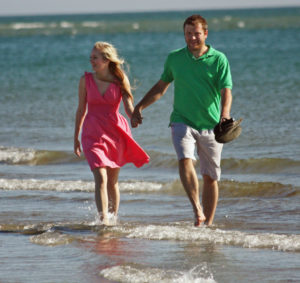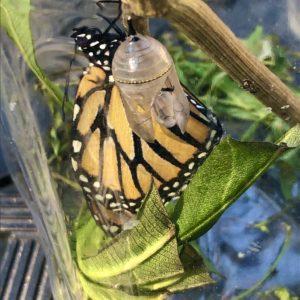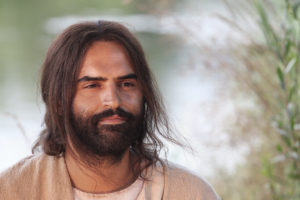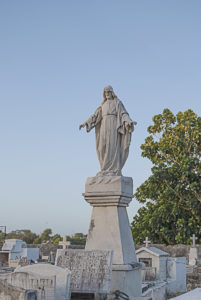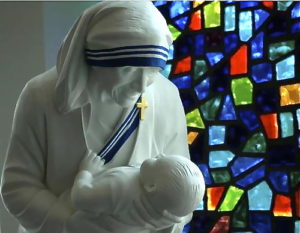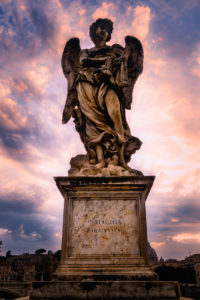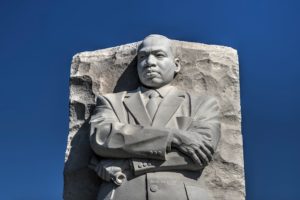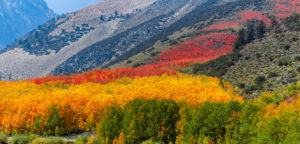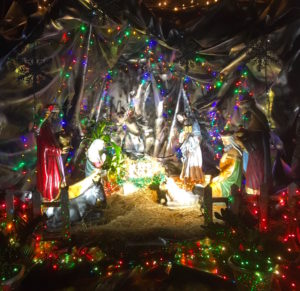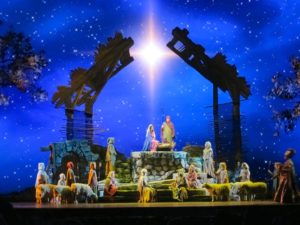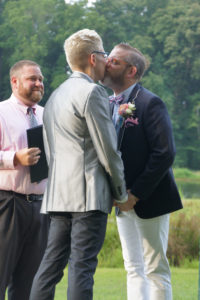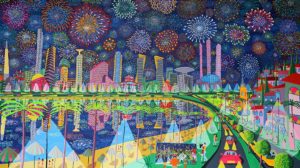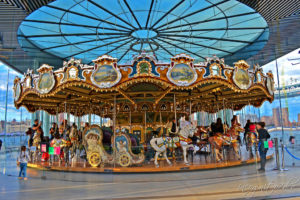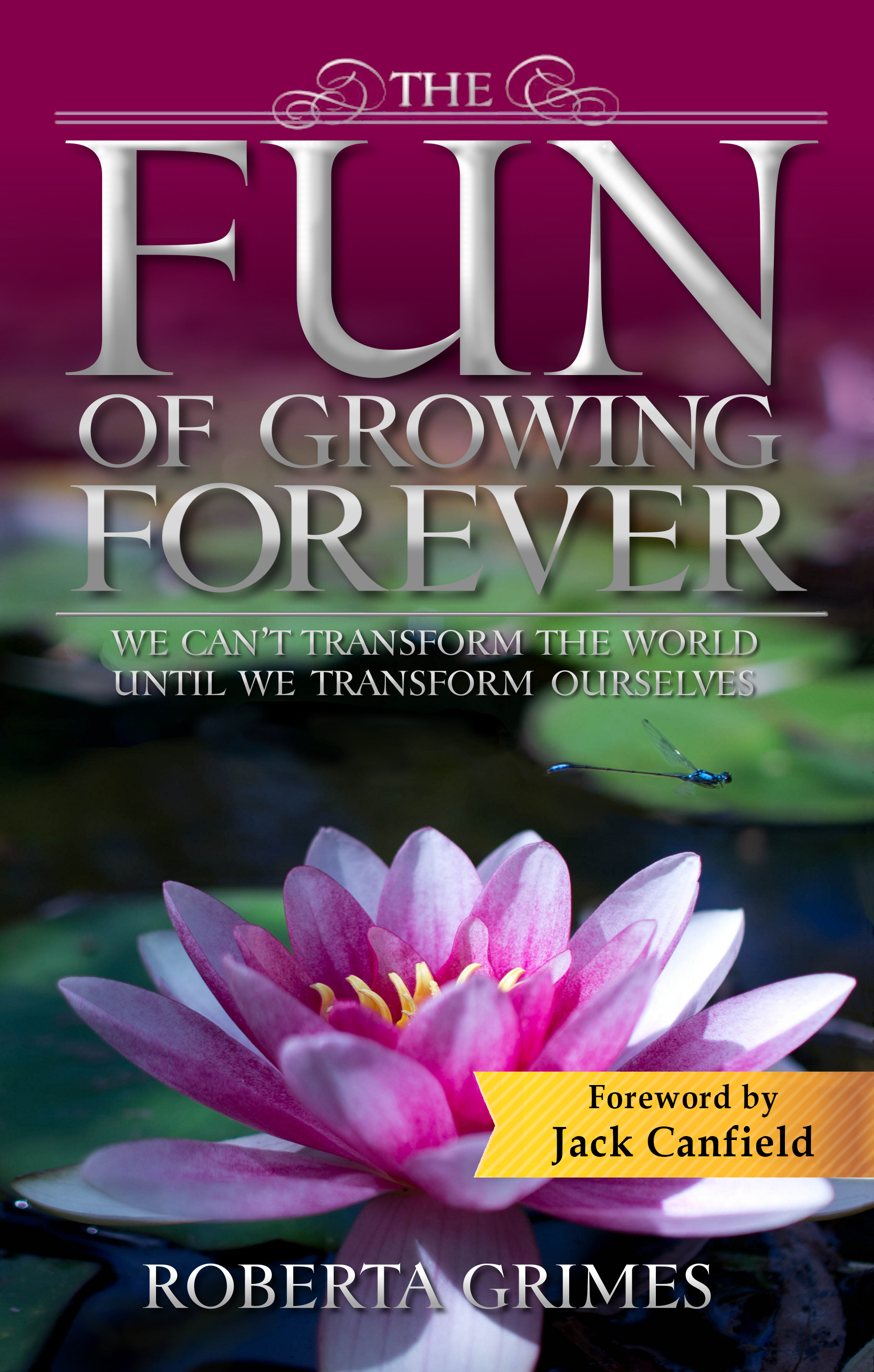Crown Him the Lord of heaven, enthroned in worlds above;
Crown Him the king, to whom is given the wondrous name of Love.
Crown Him with many crowns, as thrones before Him fall.
Crown him, ye kings, with many crowns, for He is King of all.
– Matthew Bridges (1800-1894) & Godfrey Thring (1823-1903), from “Crown Him With Many Crowns” (1851)
 As people moved from being hunter-gatherers to living first in tribes and then in towns, they began to need rules to govern their community social behavior. Such moral laws generally came from human-made gods, and most were similar to the Judeo-Christian Ten Commandments as they were written more than a thousand years before Jesus was born:
As people moved from being hunter-gatherers to living first in tribes and then in towns, they began to need rules to govern their community social behavior. Such moral laws generally came from human-made gods, and most were similar to the Judeo-Christian Ten Commandments as they were written more than a thousand years before Jesus was born:
“I am the Lord your God, who brought you out of the land of Egypt, out of the house of slavery. You shall have no other gods before or beside Me.
“You shall not make for yourself a graven image or any likeness of what is in heaven above or on the earth beneath, or in the water under the earth. You shall not worship them nor serve them; for I, the Lord your God, am a jealous God, inflicting punishment for the wrongdoing of the fathers on the children to the third and the fourth generations of those who hate Me, but showing favor to thousands, to those who love Me and keep My commandments.
“You shall not take the name of the Lord your God in vain, for the Lord will not leave him unpunished who takes His name in vain.
“Remember the Sabbath day, to keep it holy. For six days you shall labor and do all your work, but the seventh day is a Sabbath of the Lord your God; on it you shall not do any work, you, or your son, or your daughter, your male slave or your female slave, or your cattle, or your resident who stays with you. For in six days the Lord made the heavens and the earth, the seas and everything that is in them, and He rested on the seventh day; for that reason the Lord blessed the Sabbath day and made it holy.
“Honor your father and your mother, so that your days may be prolonged on the land which the Lord your God gives you.
“You shall not murder.
“You shall not commit adultery.
“You shall not steal.
“You shall not give false testimony against your neighbor.
“You shall not covet your neighbor’s house; you shall not covet your  neighbor’s wife, or his male slave, or his female slave, or his ox, or his donkey, or anything that belongs to your neighbor” (Exodus 20:1-17).
neighbor’s wife, or his male slave, or his female slave, or his ox, or his donkey, or anything that belongs to your neighbor” (Exodus 20:1-17).
Please read this list again. Note how rigid and cold, how devoid of compassion, how fear-based and largely lacking in love The Ten Commandments really are! They are so deeply of their own time and culture that arguably they are no longer useful to us on any level. Let’s consider them in light of our modern spiritual understandings:
* The first two commandments forbid polytheism and idol-worship. Three thousand years ago this was a great step forward! But it has been a long time now since either of those old ways of doing religion was any threat to spirit-based monotheism.
* The third commandment requires that we respect the name of God. Primitive cultures saw great magical powers in names! Now, of course, we know that the Godhead cares a lot more about what is in our minds and hearts than the Godhead cares about our use of Its name.
* The fourth commandment requires us to take time off from working. Not long ago, most people were spending most of every day just keeping themselves alive. We needed an occasional day of rest, and if we were to take our human-made gods seriously we needed to spend time with them as well.
* The fifth commandment requires that we care for our parents. Laws can tell us something of what life was like when they were first written. And this effort to tie caring for the elderly to longer-term stability suggests that the transition from living in roving clans to living in cities meant that the elderly went from being burdens on younger generations to being valued as sources of stability and wisdom.
* The sixth through the eighth commandments are black-letter laws for better organizing human societies. We have talked about the fact that strict and arbitrary laws like these can be nothing more than guidelines, since each of them has many possible exceptions.
* The ninth and tenth commandments are rules for structuring relationships in larger and more complex societies. Hunter-gatherer groups generally numbered fewer than fifty people, and they were often extended families. Such small groups of mostly relatives could share an us-vs.-them loyalty that was diluted as we began to live in larger settled cities, so now rules were needed to govern respecting the property of those outside our own clans and being honest in our interactions with strangers.
 Arguably the most important moment in all four Gospels comes when someone asks Jesus to name the greatest commandment. For the Lord to speak directly against the prevailing religion would have been a capital crime, so He seems to have used answering pertinent questions as a chance to cloak His most important lessons in what might look to the lurking Temple spies like simple throwaway answers. For example, here He didn’t name any of the Ten Commandments, but instead He gave us God’s new Law of Love. He said, “‘You shall love the Lord your God with all your heart, and with all your soul, and with all your mind.’ This is the great and foremost commandment. The second is like it, ‘You shall love your neighbor as yourself.’ On these two commandments depend the whole Law and the Prophets.” (MT 22:37-40). “The Law and the Prophets” was what the Jews of His day called the Christian Old Testament. So in just these few words, and well beneath the radar of the Temple spies, Jesus told us to throw away all the Old Testament laws – including The Ten Commandments – and put in their place God’s new Law of Love.
Arguably the most important moment in all four Gospels comes when someone asks Jesus to name the greatest commandment. For the Lord to speak directly against the prevailing religion would have been a capital crime, so He seems to have used answering pertinent questions as a chance to cloak His most important lessons in what might look to the lurking Temple spies like simple throwaway answers. For example, here He didn’t name any of the Ten Commandments, but instead He gave us God’s new Law of Love. He said, “‘You shall love the Lord your God with all your heart, and with all your soul, and with all your mind.’ This is the great and foremost commandment. The second is like it, ‘You shall love your neighbor as yourself.’ On these two commandments depend the whole Law and the Prophets.” (MT 22:37-40). “The Law and the Prophets” was what the Jews of His day called the Christian Old Testament. So in just these few words, and well beneath the radar of the Temple spies, Jesus told us to throw away all the Old Testament laws – including The Ten Commandments – and put in their place God’s new Law of Love.
Jesus in His Gospels made a point of outmoding all the Old Testament rules and laws, including The Ten Commandments. He made our relationship with God a personal and not a public one (MT 6:1-6), He healed and worked on the Sabbath (MT 12:1-13), He disregarded rigid sexual taboos (JN 8:3-11), and He replaced the very idea of rules with the notion of living our lives in God’s love (MT 22:37-40). To help to foster that love, He stressed the moral importance of forgiveness (MT 18:21-23) and loving kindness (JN 13:34). The teachings of Jesus replace the old notion that God just tells us what to do with the personal empowerment of internal standards that we ourselves are responsible for applying by virtue of our own love-infused perspectives. It is impossible for us to sufficiently stress what a radical departure this notion was two thousand years ago! Indeed, it remains so radical today that most Christians still see the black-letter Ten Commandments as important, even a full two thousand years after Jesus told us He had replaced them so we could simply throw them away.
 The Ten Commandments so deeply work against God’s Law of Love that the two cannot be lived simultaneously. The former morality is entirely external, demanding nothing more than that we know and obey the law as it was given to us; while the latter insists that we internalize what love is and what it might require of us in each new situation. Even beyond that, living by love calls upon us to trust in both our own ability to understand love and our ability to always discern in each moment what God’s love requires. God’s Law of Love is a more radical basis for morality than any set of laws could be!
The Ten Commandments so deeply work against God’s Law of Love that the two cannot be lived simultaneously. The former morality is entirely external, demanding nothing more than that we know and obey the law as it was given to us; while the latter insists that we internalize what love is and what it might require of us in each new situation. Even beyond that, living by love calls upon us to trust in both our own ability to understand love and our ability to always discern in each moment what God’s love requires. God’s Law of Love is a more radical basis for morality than any set of laws could be!
And yet, this is what Jesus asks of us. He trusts us to be able to discern and live by an internal morality based in love that is divorced from every law. He can be confident about our ability to do this because He knows a lot more than we know! He is in fact an aspect of the Godhead living briefly here on earth. Two thousand years ago Jesus told us things about ourselves that we could not otherwise have begun to understand until well into the lifetimes of modern people who are still among us today.
There are several moments in the Gospels where Jesus shows us He possesses the Godhead’s knowledge, but for me the biggest one comes in Mark and toward the end of the Lord’s life on earth. On the previous day He had cursed a fig tree, perhaps so He could give His disciples this lesson. Then as they passed that tree on the following morning, they saw that it had withered from its roots. Peter said to Jesus, “Rabbi, look, the fig tree that You cursed has withered.” And Jesus answered and said to them, “Have faith in God. Truly I say to you, whoever says to this mountain, ‘Be taken up and thrown into the sea,’ and does not doubt in his heart, but believes that what he says is going to happen, it will be granted to him. Therefore, I say to you, all things for which you pray and ask, believe that you have received them, and they will be yours” (MK 11:21-24). A full two thousand years ago Jesus taught His disciples the power of praying in affirmations! He understood and taught His followers how to use the creative powers of their minds, which is a modern understanding so cutting-edge that scientists still struggle with it today.
We should be reluctant to lightly put aside the Godhead’s ancient, divinely-revealed truths. But still, we must not deny to God the right to give us new revelations! And it is clear now as we read the Gospels that God’s Law of Love as Jesus revealed it is meant to be the root of a whole new morality based entirely in love. In the fullness of time, God 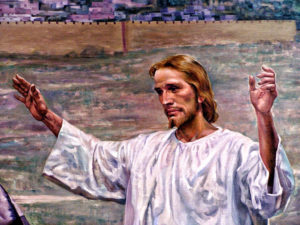 asked us to move on from trusting written rules so we could embrace instead the powers of our minds to give us a whole new morality where each of us will be able to govern ourselves in a harmony of divine love. The Godhead’s only moral law is in fact the love that Jesus taught! This feels exciting, doesn’t it? But how might it work? We’ll begin to talk about that next week….
asked us to move on from trusting written rules so we could embrace instead the powers of our minds to give us a whole new morality where each of us will be able to govern ourselves in a harmony of divine love. The Godhead’s only moral law is in fact the love that Jesus taught! This feels exciting, doesn’t it? But how might it work? We’ll begin to talk about that next week….
Crown Him with many crowns, The Lamb upon the throne.
Hark how the heavenly anthem drowns all music but its own!
Awake, my soul, and sing of Him Who died for thee,
And hail Him as thy matchless King thru all eternity.
– Matthew Bridges (1800-1894) & Godfrey Thring (1823-1903), from “Crown Him With Many Crowns” (1851)





